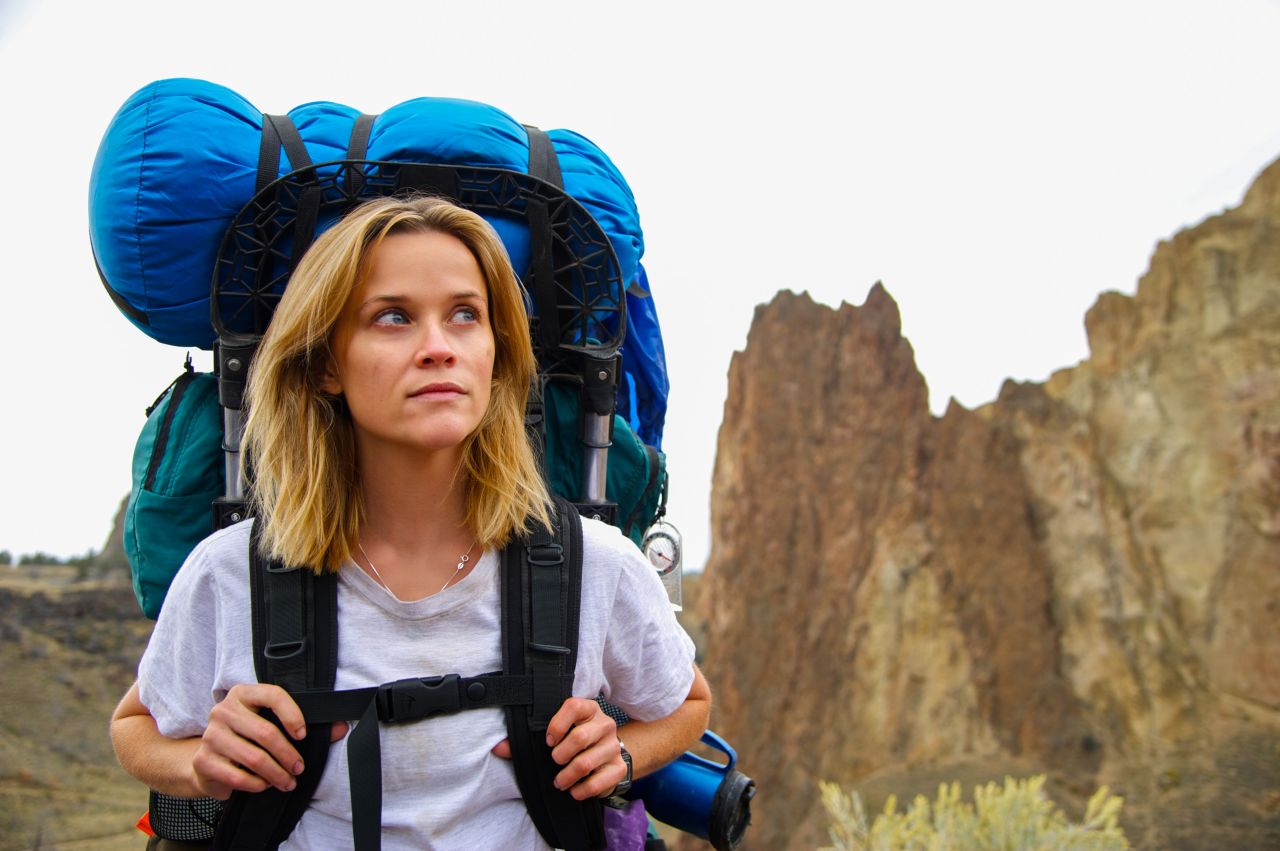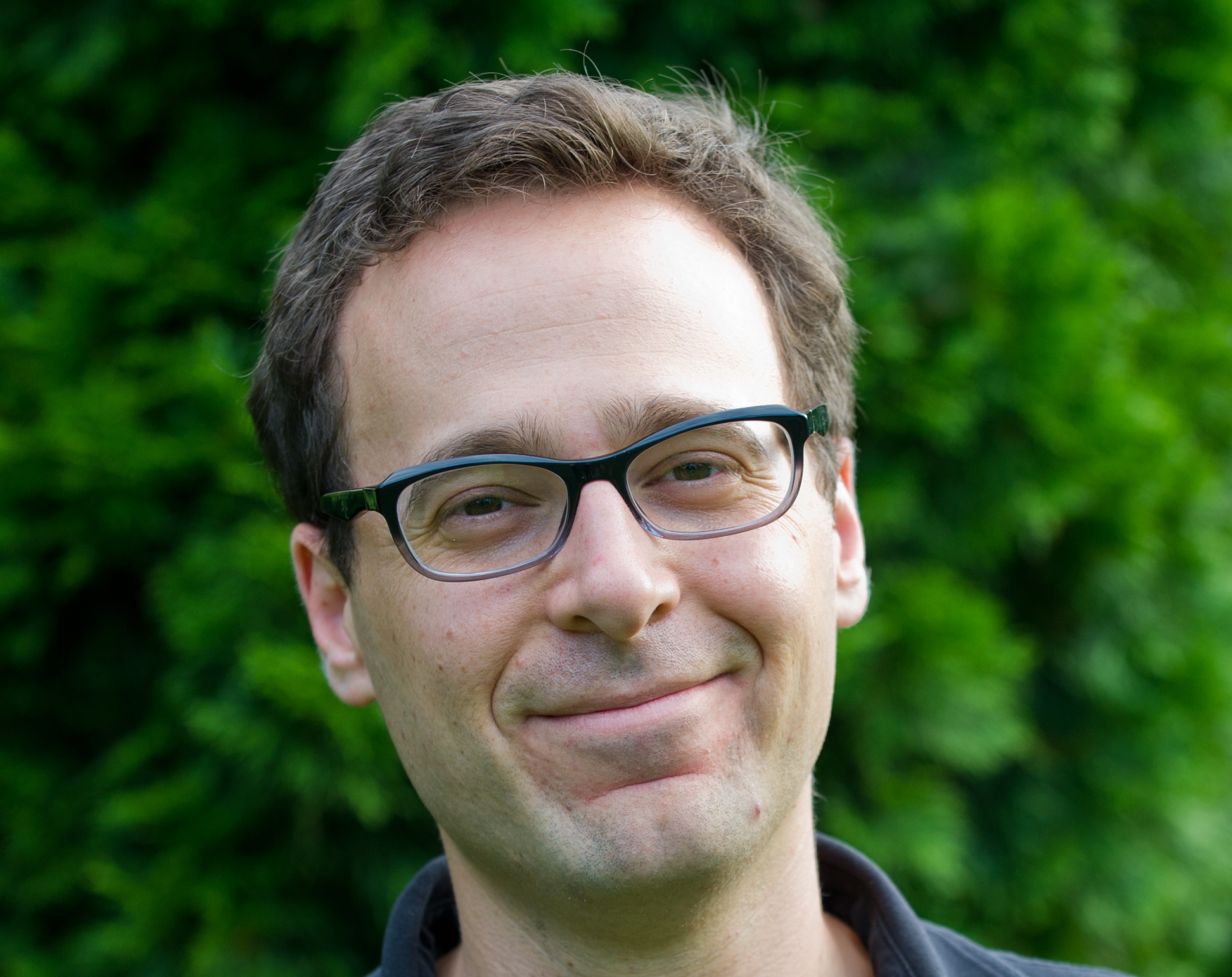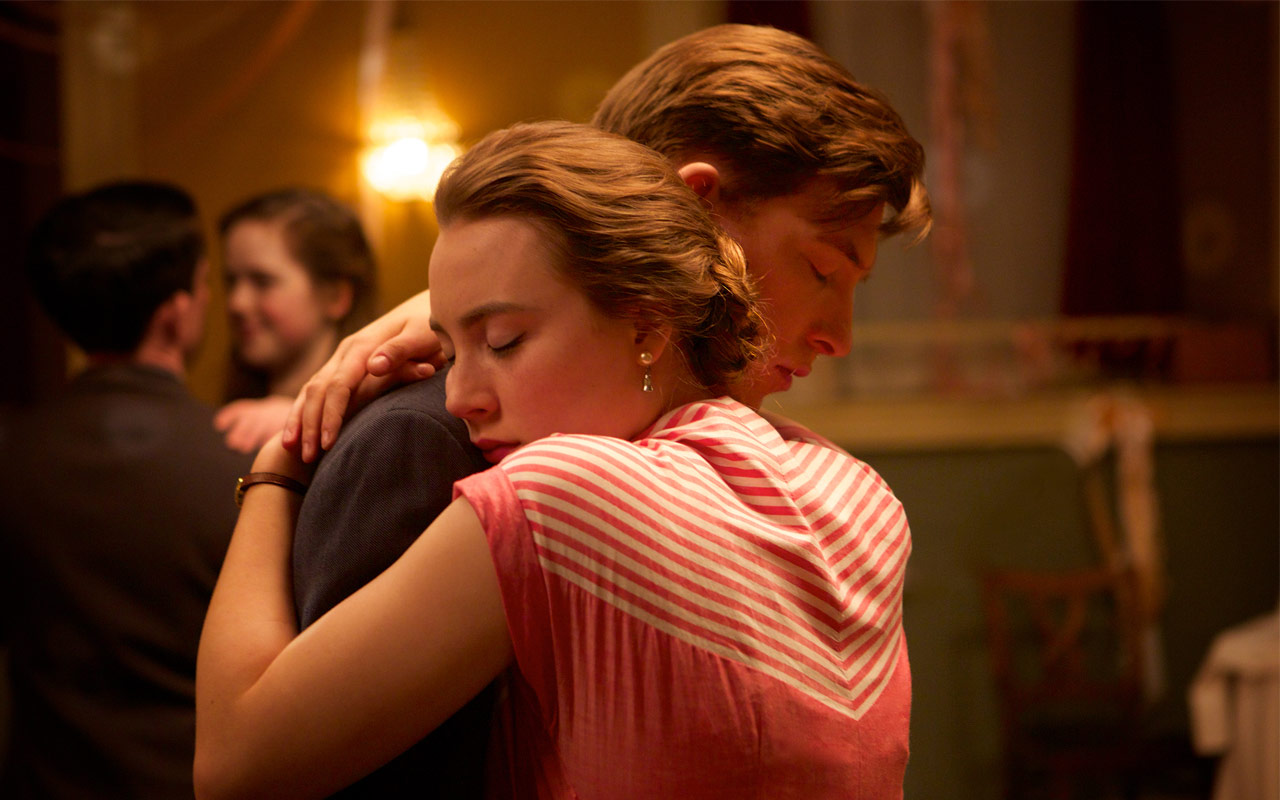Let’s say you’re a Hollywood producer with the rights to a sought-after property with a young, female protagonist. Who do you hire to write the script? The answer, these days, is obviously Nick Hornby. The British novelist has penned three acclaimed films in the last six years—”An Education,” “Wild” and now “Brooklyn”—featuring a winningly complex female lead. To give Hornby sole credit for these characters would be unfair: all three were based on books, two of which were written by women. But his character-first approach has resulted in deeply-felt depictions of the female experience, none of which filter their characters through the male gaze. As it stands, Hornby may be the best writer of women in Hollywood, an achievement that should inspire both celebration (for the terrific roles he has written for women) and concern (for the lack of opportunities for female screenwriters).
He’s a surprising candidate for such a title, considering he was once known exclusively for his insights into maleness. His most well-known novels—”Fever Pitch” and “High Fidelity“—zeroed in on male arrested development; their grown male protagonists were still obsessed with childhood hobbies (football and pop music), and unable to maintain a successful relationship. We should probably include “About a Boy“ on this list, as well, even if unemployment and casual sex don’t quite qualify as hobbies. But a shift in Hornby’s thinking must have occurred at some point. He has subsequently written three novels about women, including his most recent offering, “Funny Girl,” which follows a young female comic as she tries to break into the male-dominated world of British television comedy in the 1960s.
 Hornby’s scripts, character-driven as they may be, come with a distinctly feminist flavor. “An Education,” the story of a teenage girl (Carey Mulligan) who falls for a con man (Peter Sarsgaard) in the early 1960s, is at its core about a clever young woman struggling to wrest control of her own future away from the men in her life; the most poignant conflict in the film is between the girl and her father (Alfred Molina), who pushes her to go to Oxford but only for the sole purpose of meeting a man. He gives up on Oxford when he meets her charming older beau—what does a girl need school for if she’s got a husband?—so her decision to ultimately attend university anyway feels emblematic of that era’s feminist victories. But the film is never defined by these politics; instead, Hornby feels his ways into the story and resists the urge to turn his heroine into a symbol, an icon, or anything less than a human being.
Hornby’s scripts, character-driven as they may be, come with a distinctly feminist flavor. “An Education,” the story of a teenage girl (Carey Mulligan) who falls for a con man (Peter Sarsgaard) in the early 1960s, is at its core about a clever young woman struggling to wrest control of her own future away from the men in her life; the most poignant conflict in the film is between the girl and her father (Alfred Molina), who pushes her to go to Oxford but only for the sole purpose of meeting a man. He gives up on Oxford when he meets her charming older beau—what does a girl need school for if she’s got a husband?—so her decision to ultimately attend university anyway feels emblematic of that era’s feminist victories. But the film is never defined by these politics; instead, Hornby feels his ways into the story and resists the urge to turn his heroine into a symbol, an icon, or anything less than a human being.
The same goes for “Brooklyn,” the critically-acclaimed immigrant fable now in theaters. On paper, the story of Eilis, a young Irish woman trying to build a life in New York in the ‘50s, could be read as a feminist text; after all, this was an era when women were reared to be housewives, and our Eilis has plans to be both an accountant and a wife. The love triangle that emerges, however, between her and her two suitors largely dismisses her professional aspirations—although it is subtly implied that one of her potential husbands will be more supportive of her career than the other. As such, it’s easy to imagine the film being criticized for celebrating a young woman who values a husband over a career, especially in our era of identity politics. No such criticism has been voiced, however, and here’s why: the character is so sharply written—she is so undeniably real—that Hornby never gives us the empty space to view her as a political object.
That’s not the case, however, in “Wild,” whose feminism is slightly more overt. Okay, more than slightly: At one point, someone flat-out asks Cheryl (Reese Witherspoon) if she’s a feminist, and she replies in the affirmative. Further, the film’s male characters seem purposefully two-dimensional, and it even features its own Manic Pixie Dream Guy, a studly musician that Cheryl meets and has a one-night stand with in the final act. But if “Wild” is a necessary correction to the male narrative gaze, it’s difficult to reconcile the fact that it was written by a man.
What does it mean to the ongoing battle for gender equality in Hollywood that the industry’s most prestigious writer of women is male? Answering that question requires a more nuanced understanding of the goals of the movement, of which there are at least two. The first is to create more opportunity for female filmmakers. Critics have spent a lot of time thinking about the lack of opportunity for female actors and directors, but it’s just as bad for screenwriters. In the last decade, 161 writers were nominated for a writing Oscar (both adapted and original); only 19 have been women, a rate of 12 percent. Giving these plum screenwriting jobs to a white, male, middle-aged writer certainly does little to promote the employment of women.

On the other hand, one of the central ideas of this movement is that putting more women behind the camera in key roles will result in richer stories about women and will promote change throughout the culture. In that regard, Hornby should be praised for translating the wonderfully textured characters in his source material to the screen. And we should applaud his move towards telling more stories with female protagonists—he recently said to The Guardian that “the journeys of young women are more moving”—because it means better roles for Carey Mulligan, Reese Witherspoon, and Saoirse Ronan, immensely talented actors who deserve all the opportunities they can get.
In essence, Hornby’s work here should serve as a reminder that—and this should be obvious, but it’s not—male filmmakers aren’t inherently handicapped in creating strong female characters, or vice versa. Maybe great writing or filmmaking, when undertaken with empathy and imagination, can transcend a gender bias. It can even bring a fresh angle to the material. Female directors have brought vital new perspectives to male stories, such as Mary Harron’s “American Psycho“ or Kathryn Bigelow’s “The Hurt Locker.” Rather than exclude men like Hornby from writing female characters, I’d prefer a democratization of the process in which screenwriters of both sexes get opportunities to write for characters of different genders, sexual identities, and races of their own. After all, if watching a film about a person with life experiences different from your own is a good way to expand your horizons, writing that film must be an even better one.












